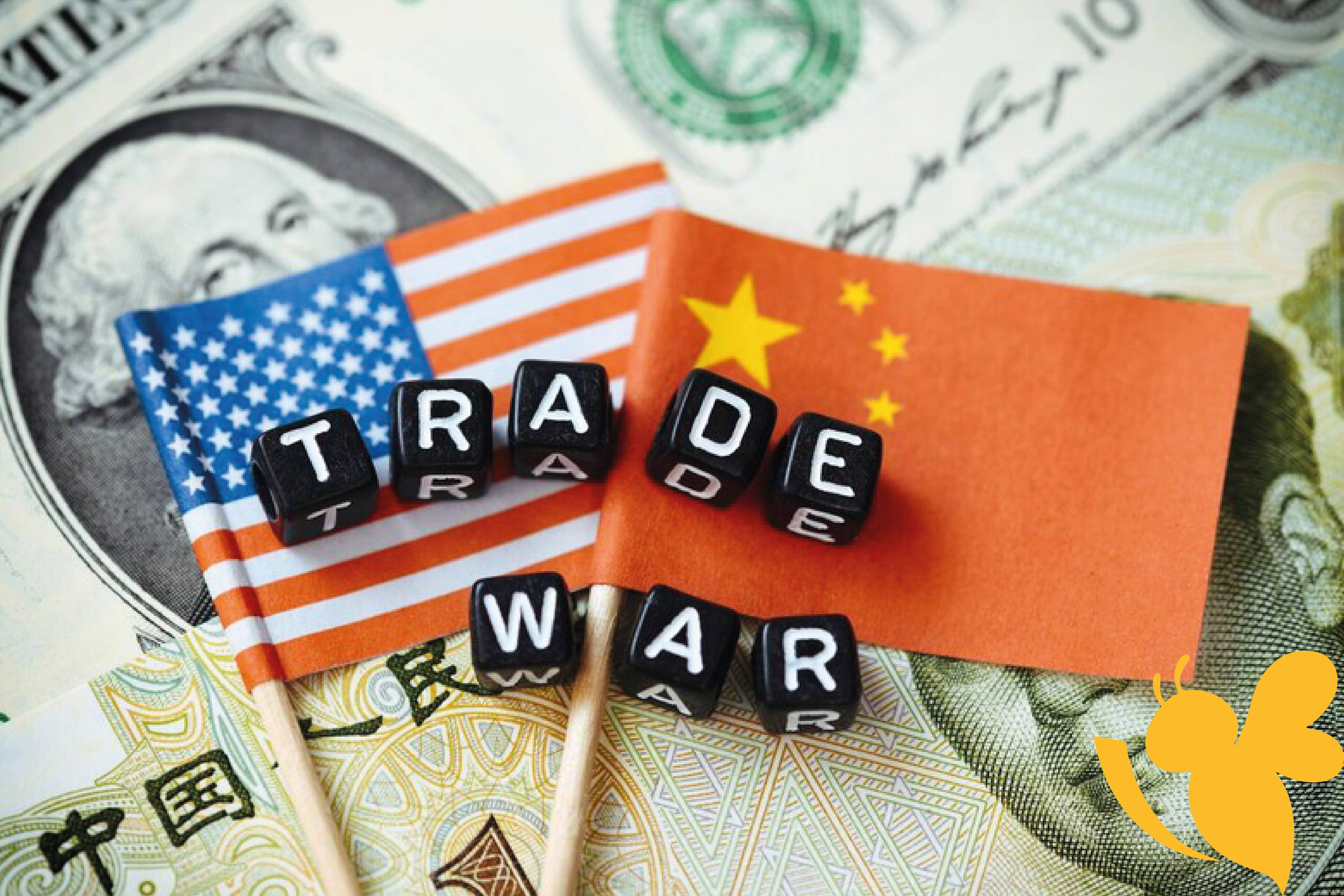China and the United States have reached a pivotal agreement to reduce tariffs on each other's goods for a period of 90 days, providing a temporary relief amid an escalating trade conflict that poses risks of a global recession and highlights the growing divide between the two largest economies in the world. This deal entails substantial cuts to the import tariffs that both nations have imposed on one another.
US Treasury Secretary Scott Bessent announced that both countries will lower their reciprocal tariffs by an impressive 115% over the specified 90-day duration.
This significant development followed high-level discussions held in Switzerland, marking the first official dialogue since US President Donald Trump implemented steep tariffs on Chinese imports. The previous tariffs had sent shockwaves through financial markets and ignited concerns about a potential global economic downturn. Switzerland, known for its neutrality, has historically played a crucial role in mediating international disputes and is home to the World Trade Organization (WTO), which oversees global trade regulations.
Dr. Ngozi Okonjo-Iweala, the head of the WTO, has been closely monitoring the negotiations and engaged in discussions with Chinese Vice Premier He following the weekend meetings. In her remarks, she expressed satisfaction with the positive outcome, characterizing it as a significant advancement that holds promise for future relations.
Market responses to the agreement were notably optimistic, with Dow futures rising over 2%, S&P 500 futures increasing nearly 3%, and Nasdaq Composite futures climbing more than 3.5% during afternoon trading in Asia. Asian markets reflected this sentiment as well, with Hong Kong's Hang Seng Index closing approximately 3% higher. Concurrently, the US dollar strengthened against other major currencies, while gold prices, often seen as a safe haven during uncertainty, dropped.
These mutual tariff adjustments are set to take effect by May 14. While Trump's 20% tariffs on fentanyl-related imports from China, enacted earlier this year, will remain in place, both countries have agreed to lower their reciprocal tariffs significantly. This will result in the US temporarily reducing its overall tariffs on Chinese goods from 145% to 30%, while China will decrease its tariffs on American products from 125% to 10%.
Washington will also roll back tariffs imposed through two executive orders signed by Trump in early April, which affected a wide array of imports from China, including those from Hong Kong and Macau. In response, Beijing will suspend its retaliatory tariffs and "suspend or remove non-tariff countermeasures" aimed at the US.
The news of this agreement invigorated stock markets; Hong Kong's benchmark Hang Seng Index rose by 3%, while China's Shanghai Composite Index, which had already closed before the announcement, ended 0.8% higher. European stocks experienced gains in early trading, and initial indications suggested that major US markets would open with increases of 2-3%.
However, the price of gold, which had recently gained traction as a safe-haven asset due to tariff-induced disruptions, fell by 3% to $3,224.34 an ounce.
In their joint statement, both nations committed to establishing "a mechanism to continue discussions about economic and trade relations," with Scott Bessent and Vice Premier He Lifeng leading the efforts. The statement emphasized that ongoing dialogue could effectively address mutual concerns regarding their economic and trade relationship, fostering an atmosphere of "mutual opening, continued communication, cooperation, and respect."
According to Alfred Wu, a Chinese politics expert at the National University of Singapore, Monday’s joint statement allowed both sides to declare victory. China can portray itself as a "benign global player promoting trade," while Trump can assert that he took a firm stance that compelled Beijing to engage. Wu noted that while this is a positive step, the path forward may not be without challenges.
Bessent conveyed to reporters that the discussions were "robust" and characterized by "very good personal interaction," attributing some of the success to the picturesque setting of Lake Geneva.
Sarah H
Also on site :
- Wall Street Futures Edge Higher After S&P 500 Sets All-Time High
- GOP tax bill: 11.8M more uninsured, $1.1T in health cuts
- Sudan: Workers Killed in Gold Mine Collapse

